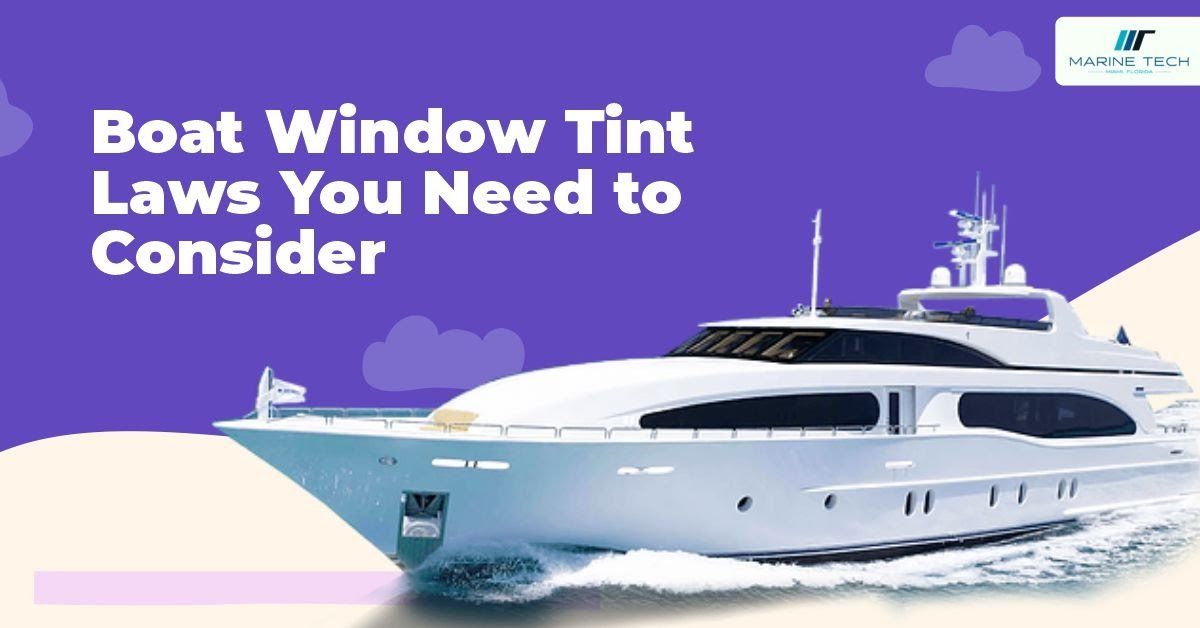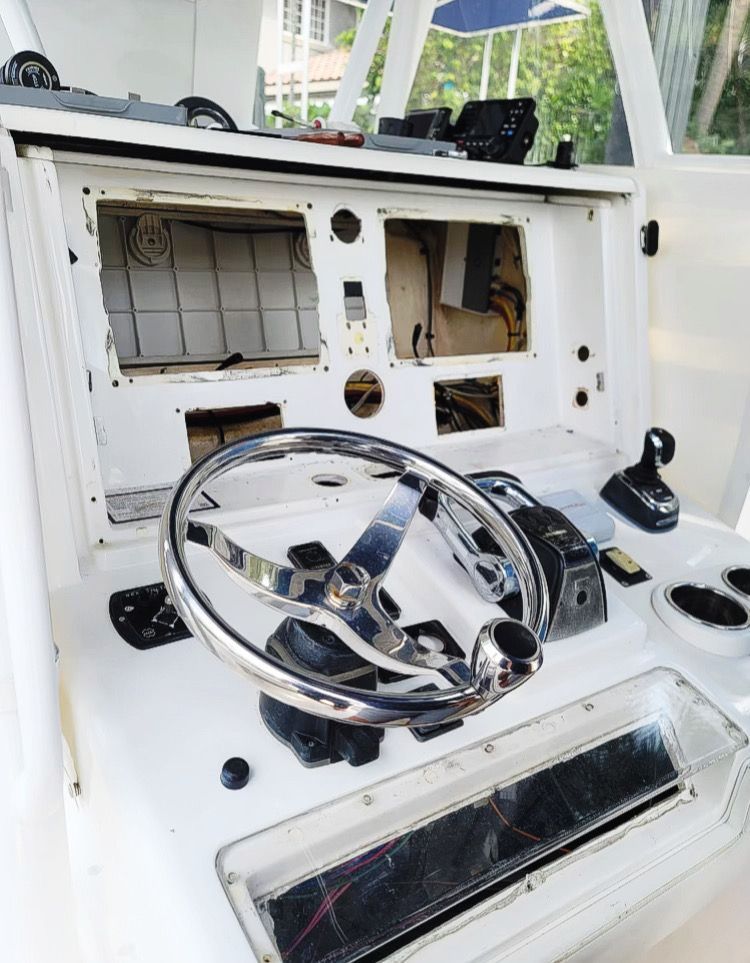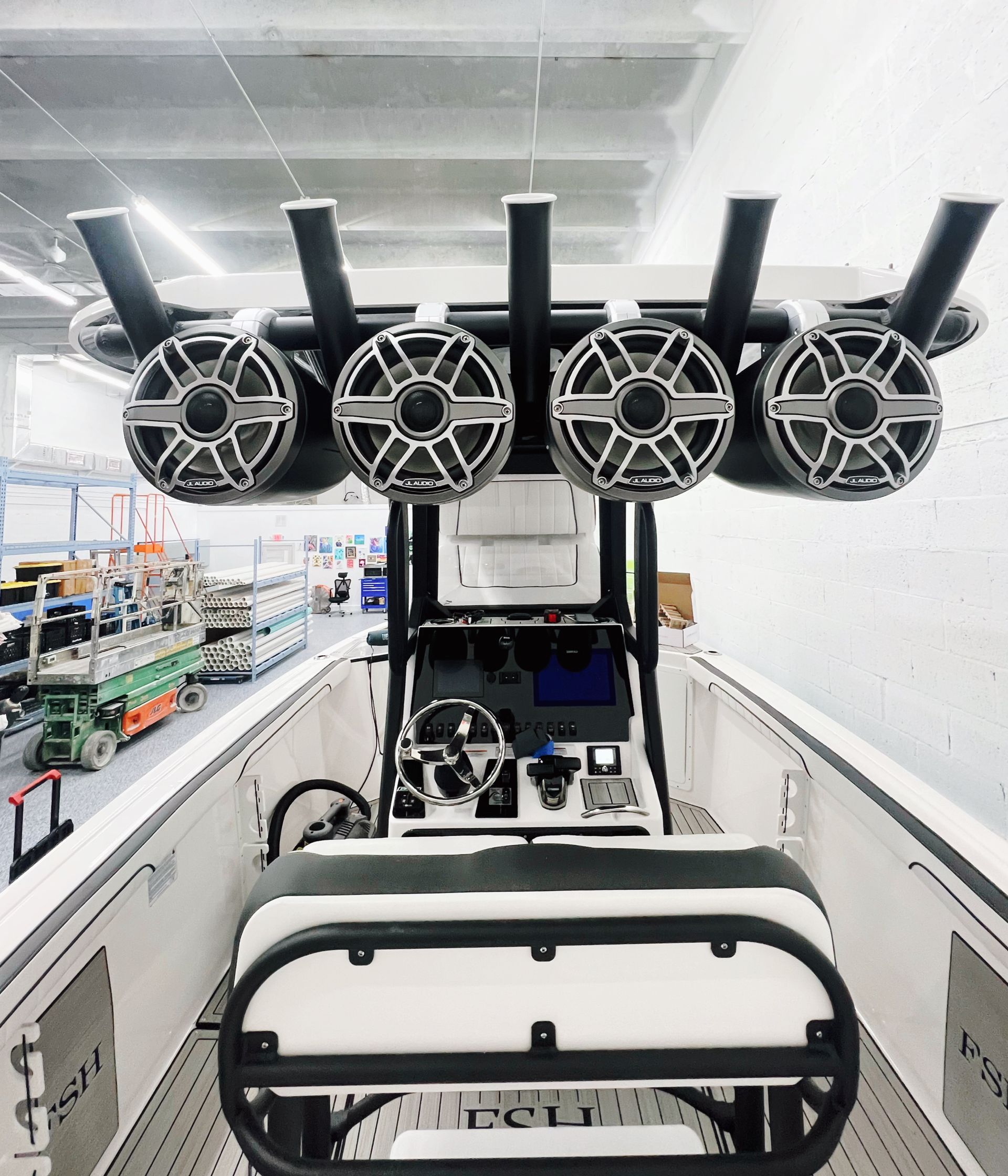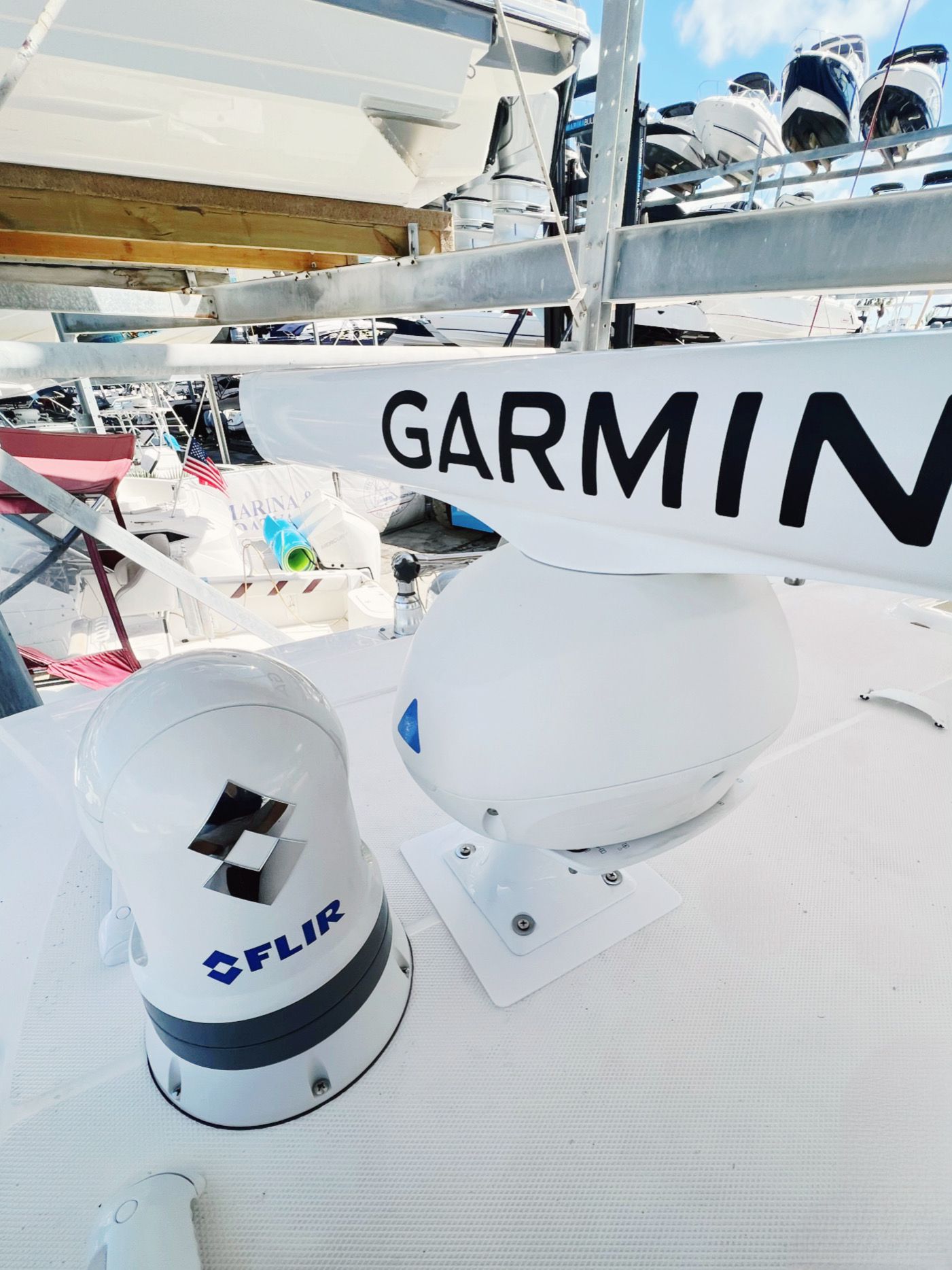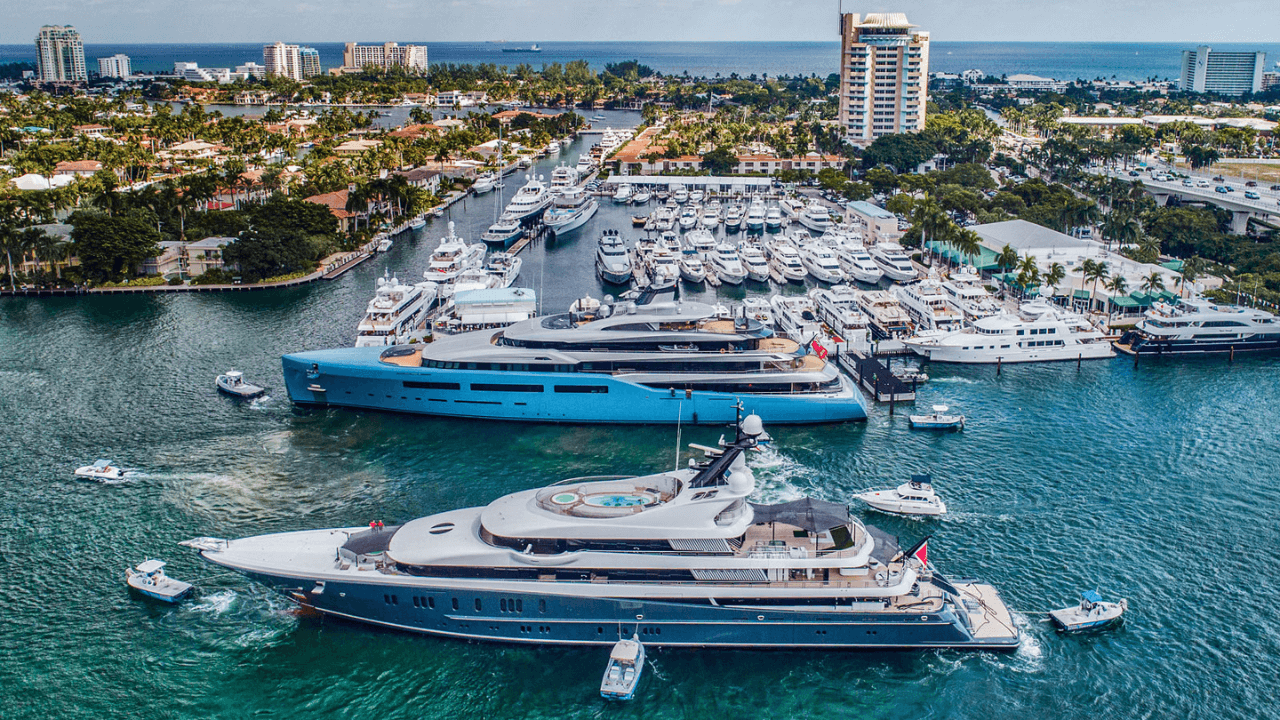Boat Window Tint Laws in Florida
Nowadays, every boat owner prefers to have a boat window tint to protect their yacht. There are many advantages of using tints in a boat, like keeping away the heat glare and harmful UV rays from passengers. As the UV rays harm not only the boat’s machinery but also the passengers, you must have tinted windows. Whenever you plan for tinting your boats, make sure that tinting takes place under Florida Tint Laws. It’s because every state has set some regulations that must be followed to avoid any inconvenience of window tint alteration.
In this blog, we will discuss how to tint boat windows by following
Florida window tint laws.
Key Florida Tint Laws to Be Considered While Tinting Boat Windows
Just like every state, Florida has set some basic regulations for applying tint on boat windows. People often pay no heed to laws of such things while shielding boats with window tint. If you are interested in knowing
how to tint curved boat windows, you should also search for some tinting laws because there are some criteria about darkness and the reflection of windows. If your tinted boat windows seem to be violating these laws, you will have to pay heavy penalties. Following are window tint Florida laws that you should follow while applying a light layer tint on boat windows.
Darkness Regulations
The biggest mistake boaters often commit ignorance of downsides while overlooking the benefits. No doubt that tinted boat windshields have many benefits, but you can make this tint a danger for you by using dark tints. The darkness level should be appropriate enough not to hinder the transparency level. Otherwise, it can jeopardize your life due to reduced visibility. According to Florida tint laws, the front window must have a minimum of 28% transparency to allow light to pass through it. While you can keep backside windows darker as only 15% light transparency is mandatory for the rear side.
Reflectivity Regulations
Another thing that you should notice while choosing a tint for a boat windshield is its reflectiveness. It’s very hard to drive and travel in a boat with a highly reflective window tint. Reflective window tints can cause problems in driving, but they also lead you to severe eye disorder. It’s better to avoid too reflective tints to have an unlucky life experience. Moreover, Florida tint laws elaborate that a window tint should only be 25% reflective to avoid high light glare.
Keeping Captain’s Visibility
The Florida legal tint law having greater importance is keeping enough visibility at the captain's view. When the captain's view has greater visibility, all the passengers in the boat area will be safe from any accident that can occur in a darker shade. To increase the visibility at this view, you should look for a window with a light-colored tint. Its color should not be too dark to reduce captain visibility in the dark. According to Florida regulations, no one can have a window time of more than 30% for ensuring light visibility to make boating safe.
Window Tint Selection
As the color of the window tint plays a greater impact on the darkness, you need to choose the light color tint. However, there is no restriction in color selection for tint installation. The only thing you need to keep in mind is the fulfillment of visibility criteria. The legal tint in Florida allows light to pass through the window. Moreover, such legal light-colored tints don’t hamper the captain's visibility. Feel free to choose a slightly darker shade for windows away from the captain’s view.
Other Boat Window Tinting Laws
Here are some other rules and regulations you need to fulfill while applying a tint on the yacht window.
• Tinting Sticker
Boaters often think about the need for certification by knowing these tinting laws. The fact is that there is no need for certification from tint manufacturers. You need to have a window tinting sticker to install tint on the window boat to showcase the legal permission. In view of placing tinting stickers, the interior side of the captain's side window is the best place.
• Medical Exemptions
Even in the presence of tinting stickers, there is a need for some medical exemptions you should evaluate while installing tints in your boat windows. These medical exemptions vary from time to time. To get more information about the medical exemption, consult the legal advisor of tinting boat windows in Florida.
FAQs
Final Words
All you need is a tint sticker from the government to make your tint legal. If your tint is ever evaluated in violation of Florida tint laws by VLT meter, you will be charged a heavy fine. If you cannot install
window tint yourself, you can contact Marine Tech Miami to install high-quality tints. Keep all your accessories and passengers in the boat safe from harmful UV rays by installing legal tints in the boat window.
Contact Us
Contact Us
Recent Posts
CONTACT US
Looking to upgrade your marine electronics?
With more than 25 years of experience, we can help you get started today!

